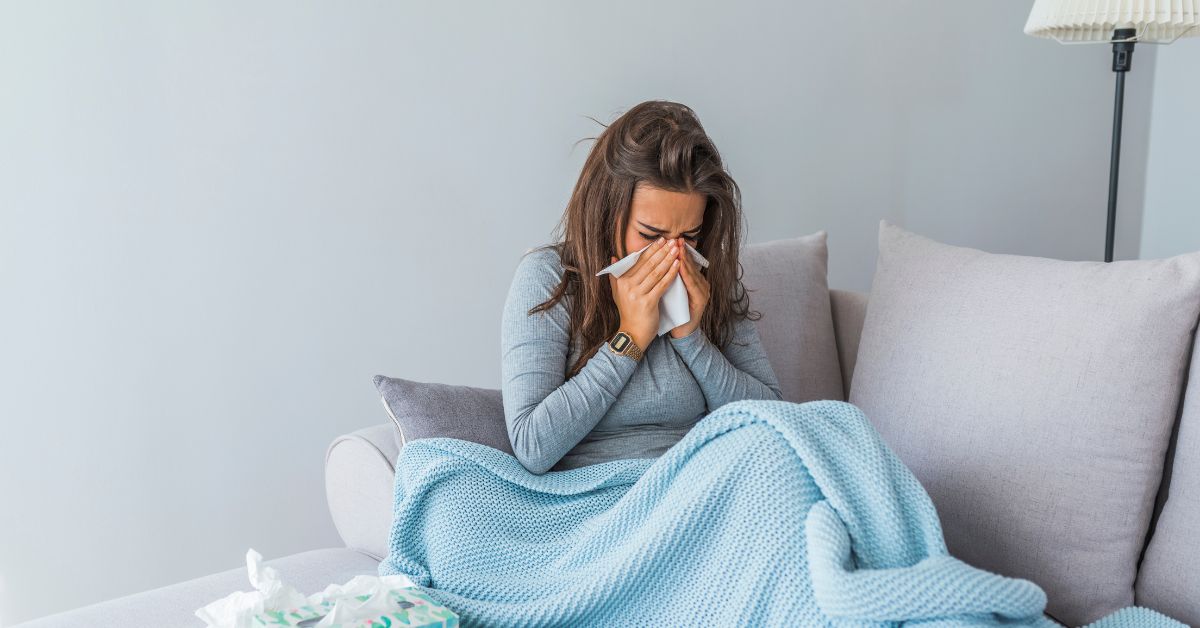One of the best ways to protect your own health is to protect the health of the environment — start with these five ways to go green.
Most of us want to have a positive impact on the environment. But among all the marketing gimmicks and environmental politics, knowing what truly makes a difference can be difficult. These five ways to go green are a great place to start.
1. Watch the Water
Hopefully you’re past the days of leaving the water running when you brush your teeth, but do you know these additional ways to conserve H2O? Running a full dishwasher uses about half as much water as hand-washing. Most newer dishwashers are even strong enough to clean and disinfect without pre-rinsing. While you’re in the kitchen, install a faucet-mounted water filter. Get in the habit of filling up a large water bottle every day. Ditching bottled water can save a family of four more than $1,000 a year.
2. Flip the Switch
Saving electricity is one of the most common ways to go green and reduce your footprint. However, there are many ways to do this beyond simply turning the TV off when you leave the room. Energy Star-rated CFL light bulbs use 75 percent less energy and can last 10 times longer than standard light bulbs. They also reduce your energy bill — as does installing dimmer switches, so that you use less light. Use UL-certified power strips to plug in your devices, which allow you to switch everything off at once before going to bed. Getting into the habit of putting your computer to sleep when you’re away and encouraging your kids to turn off video games when they’re not in use will also reduce energy and financial costs.
3. Cleaner Clean-Up
While electricity and water savings have financial benefits, this next way to go green has savings of another kind. Did you know that cleaning products are one of the top five substance classes that the National Poison Control Center receives calls for? The chemicals in cleaning products, especially when mixed together, can be downright dangerous, primarily for pets and small children. The problem here is that cleaning product manufacturers aren’t required to divulge their ingredients, so you could be putting your family at risk without even knowing it. Green cleaning not only protects your family, but it protects the environment as well. We encourage you to check labels for specific products, but most green cleaning products are made with safe, non-toxic, and biodegradable ingredients.
4. Self-Care
Skin is your body’s largest organ. Covering it with petroleum or preservative-based creams can introduce your skin to carcinogens, endocrine disruptors and additional toxins. On top of swapping face creams and body lotions, be wary of your sunscreen. Because chemical sunscreens often irritate skin, they can cause inflammation, which leads to aging. While you can swap practically every beauty product for something green these days, our main recommendation is to use a cleaner shampoo and conditioner. Powerful fragrances and sulfates make hair products among the most toxin-induced in the beauty industry. When you’re looking for cleaner products, just be sure to read labels carefully. There is no FDA regulation for the words such as “natural,” “non-toxic” or “safe,” so you’ll have to read ingredients closely to ensure you’re not falling victim to green marketing.
5. Smarter Eating
Minimize your environmental impact and grocery bill by adding meatless meals into your cooking routine. In addition to being expensive, the cost of meat’s environmental and health impact is high. If you do eat meat, choose locally raised, humane and organic meat, eggs and dairy when possible — extra points if you can buy them from your local farmer’s market. We challenge you to start by eating one local meal per week. Eating locally isn’t just one of the best ways to go green — it often means fresher and more nutrient-dense food as well.
Before making any large diet or lifestyle changes, you should always consult your doctor. If you need a primary physician, reach out to our Mercy Health team today at 513-952-5000.






